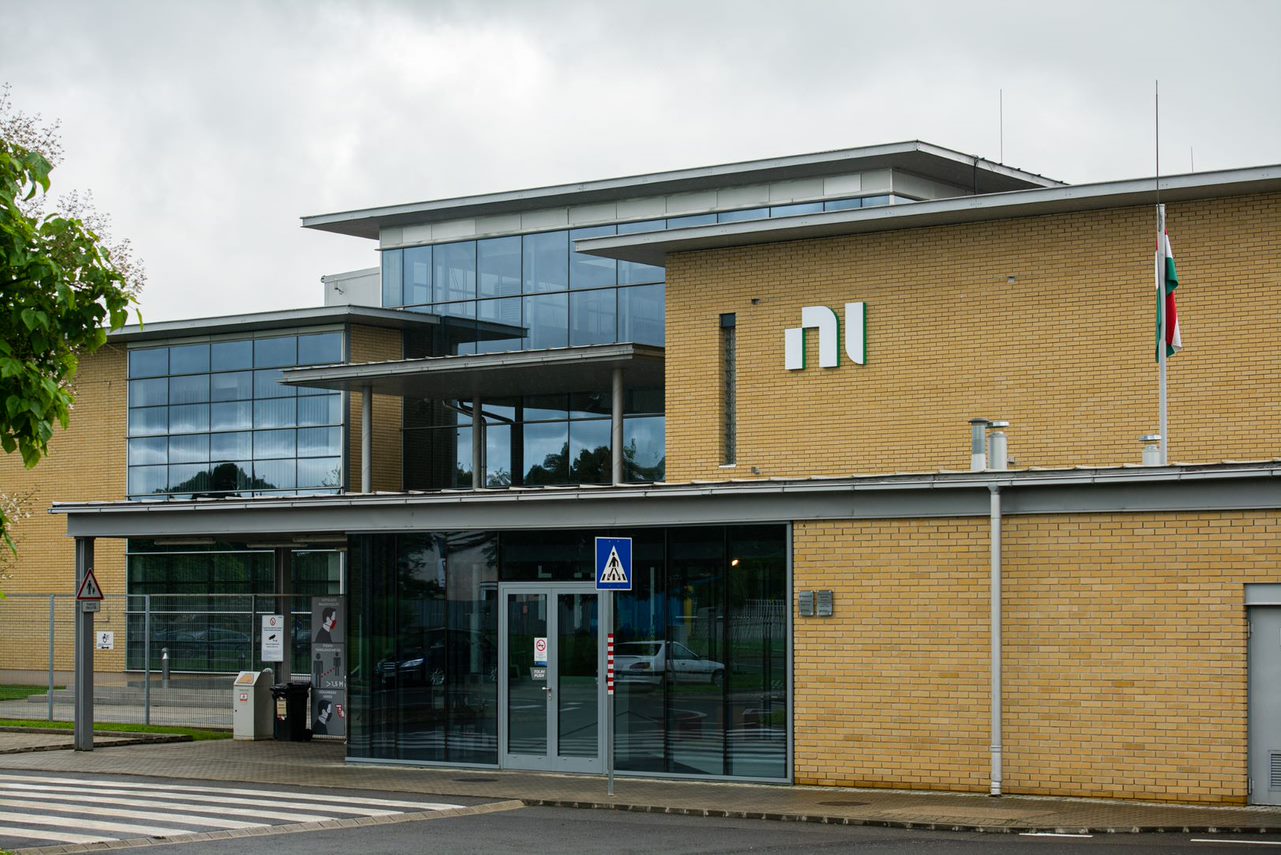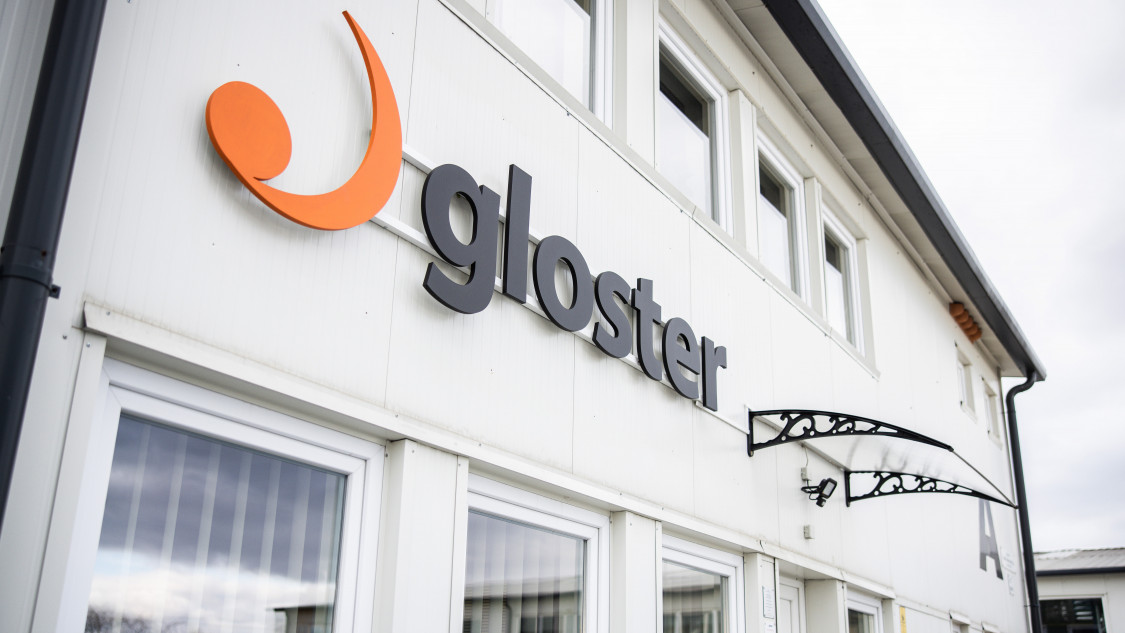Business Service Centers in Hungary

An investment-friendly business environment, a highly educated workforce and developed infrastructure: these are the factors that have contributed to the success of the business services sector (BSC) in Hungary, the Hungarian Investment Promotion Agency (HIPA) says.
In the last decade, Hungary has become one of the leading international hubs for business services within the Central and Eastern European region, with 131 companies employing 63,892 people. Based on the “Business Services Hungary 2020 Survey” conducted among sector representatives by HIPA in September 2020, it can be stated that the sector has reached a high level of maturity and complexity, while maintaining the ability to engage and retain talents and to continuously attract new investments.
The Hungarian BSC sector has performed outstandingly over recent years and has become one of the leading industries of the country’s economy. The continuous growth of companies and the number of their employees confirm the attractiveness of the sector. As its representatives continuously focus on broadening the scope of high-value added activities, there is much attention on talent management, innovation and educational cooperation.
In order to keep up with new trends and changed working conditions, both in the business services and labor markets, a smooth transformation of corporate strategies and operational practices are essential. 2020 has brought significant challenges, but it also represents new opportunities that the sector should be able to exploit, HIPA says.
Despite the COVID-19 pandemic situation, which has significantly transformed the world and affected all industries, the sector has remained stable and is performing well in these challenging times. Based on the survey responses, the digital readiness and strong IT infrastructure of Hungary enabled a smooth shift to working remotely while preserving the level of efficiency. However, BSC executives were forced to make quick decisions and to rethink the way they work.
COVID-19 is accelerating trends such as automation and artificial intelligence and has an impact on new job opportunities in IT and technology. The pandemic accelerated the shift to remote working as the digital world can support the transition with new tools and technologies. Working from home also raises the importance of telecommunications connectivity.
Ever-growing Demand
Meanwhile, fulfilling the ever-growing demand of new talent and retaining employees are fundamental for centers, which inspires greater focus on employer branding, innovation in recruitment processes and employer value proposition, besides the traditionally strong cooperation with major Hungarian higher education institutions.
Business services centers have also realized the importance of sector branding to successfully target future talents. Therefore, more and more collaboration between industry stakeholders and new promising initiatives have been launched to raise awareness and attractiveness of the sector for young people and foreign professionals, for example HIPA Career Networking events, the AmCham BSS Hungary project, and the Debrecen BSC Roundtable.
As the business service sector rethinks office space, it will have impacts on the future of cities and property. New opportunities may arise from COVID-19 pandemic as companies move towards a hybrid operational model combining on-site and remote working, allowing more talent recruitment from Hungary’s regional university cities.
Furthermore, the need for quality and flexibility in office and residential space are climbing rapidly. New office layout trends are showing a higher ratio of common space for interaction between employees.
HIPA is committed to providing continuous support and professional management consultancy services for members of the sector and offers multiple incentives for BSCs operating in Hungary, such as a job creation subsidy, a cash subsidy for training purposes, and an R&D incentive.
Hungary’s business services sector has been able to maintain its competitive edge due to the fact that the country continuously provides a highly skilled workforce, high-standard offices and IT infrastructure, and a supportive and stable political and economic environment coupled with excellent quality of life.

NI: Think Globally, Act Locally to Inspire Tomorrow’s Innovators
NI’s first overseas production facility was established in Debrecen in 2001. The site has become home for global and regional service centers, such as an IT development department, legal and finance groups, and a shared service center. NI puts special emphasis on supporting young talents with different educational programs, employee volunteerism and technology donations at both local and regional levels. Based on its educational cooperation with secondary schools and the University of Debrecen, NI provides unique internal and external training possibilities and high value-added knowledge to its employees.

ExxonMobil: Resilient in Excellence
The ExxonMobil Center in Hungary was one of the first SSCs to be established in 2004. In all of the key functions (controlling and finance, IT, fuels and lubes operation support, and upstream), new opportunities continue to arrive, with more and more high value added jobs being established in Hungary.
The company proudly celebrated its 2,000th colleague in 2020, and expects further growth during 2021. With such a mature organization, ExxonMobil’s center has successfully expanded its impact in Hungary, with unique activities such as a global cybersecurity and investigation hub, and a data privacy office. There is further growth in digital, analytics and senior financial project advisory roles to enable digital process transformation and drive innovation across the corporation. With the migration of several technical leadership roles, the ExxonMobil Center has become a true global center of excellence and expertise for several reporting and accounting processes.

Roche: Special Focus on People With a Strong, Inclusive Culture
Roche Services (Europe) Ltd. was established in Budapest in 2006. The organization provides global support and consultancy through more than 1,200 experts to 120 Roche subsidiaries in finance, procurement, human resources, IT processes and digital publishing services. Eve Bader, general manager for Roche Services, has an instrumental role in leading the organization, driving the delivery of best in class customer-centric business services and developing the team to work towards a common vision with real enthusiasm and true human integrity. The number and diversity of the initiatives aimed at the wellbeing of employees are outstanding in the Hungarian market.
SUPPORT THE BUDAPEST BUSINESS JOURNAL
Producing journalism that is worthy of the name is a costly business. For 27 years, the publishers, editors and reporters of the Budapest Business Journal have striven to bring you business news that works, information that you can trust, that is factual, accurate and presented without fear or favor.
Newspaper organizations across the globe have struggled to find a business model that allows them to continue to excel, without compromising their ability to perform. Most recently, some have experimented with the idea of involving their most important stakeholders, their readers.
We would like to offer that same opportunity to our readers. We would like to invite you to help us deliver the quality business journalism you require. Hit our Support the BBJ button and you can choose the how much and how often you send us your contributions.









